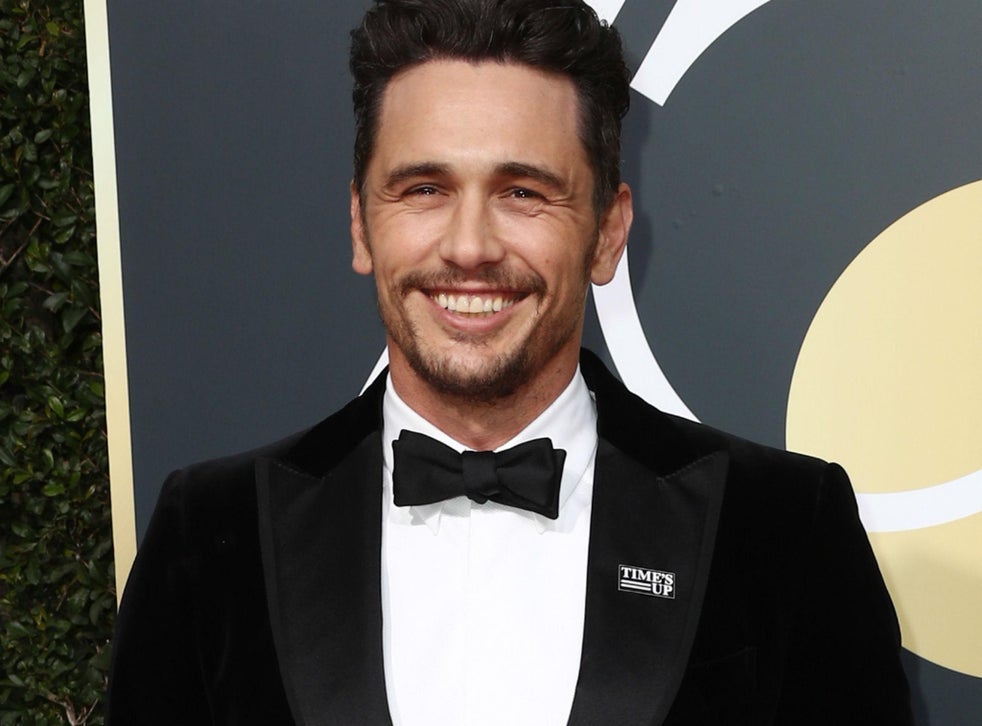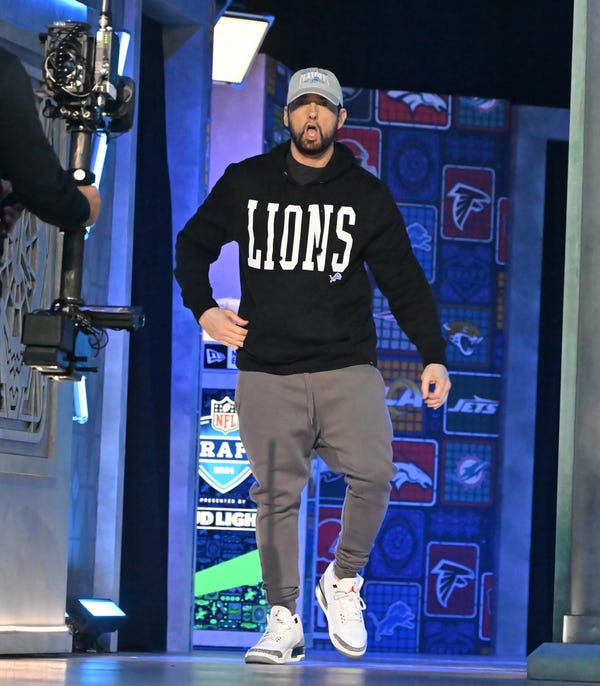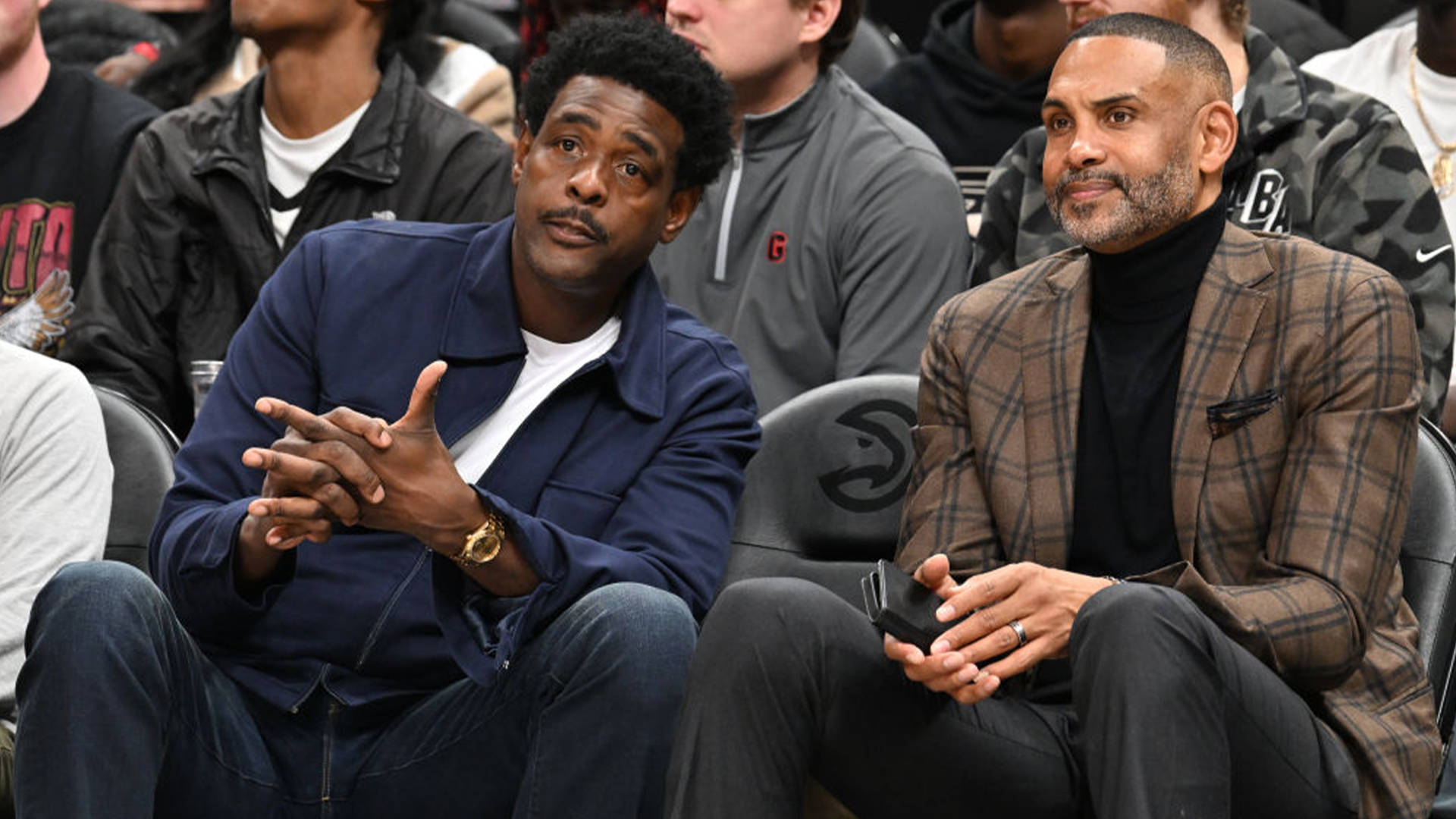Multiple Affairs And Sexual Misconduct Accusations: Their Role In Donald Trump's Presidential Campaign And Victory

Table of Contents
The Nature and Scope of the Allegations
Numerous accusations of sexual misconduct were leveled against Donald Trump during the 2016 campaign. These allegations varied in nature and severity, ranging from inappropriate touching and verbal harassment to accusations of assault and rape. The accusations spanned several decades and involved multiple women who came forward with their stories, often detailing similar patterns of behavior.
- Accusation 1: Summer Zervos, a former contestant on The Apprentice, accused Trump of forcibly kissing and groping her during a meeting in 2007. This accusation was supported by a sworn deposition.
- Accusation 2: Jessica Leeds claimed Trump groped her on an airplane in the early 1980s. Her account was corroborated by other individuals who knew her at the time.
- Accusation 3: Rachel Crooks stated that Trump kissed her without her consent during a meeting in 2005. Her account was published in the New York Times.
- Accusation 4: Many other women also came forward with allegations of similar behavior, including unwanted touching, lewd comments, and other forms of sexual harassment. These accusations varied in detail and specifics but shared a common thread of unwanted sexual advances. These accusations contributed to the overall narrative surrounding Trump and his conduct.
Media Coverage and Public Reaction
The media's coverage of the sexual misconduct allegations against Trump was highly polarized. Right-leaning news outlets often downplayed or dismissed the accusations, framing them as politically motivated attacks. Left-leaning outlets, conversely, gave the allegations significant coverage, often highlighting the severity and the number of women who came forward. Social media platforms amplified both sides of the debate, becoming battlegrounds for fierce arguments.
- Right-leaning media response: Often focused on discrediting the accusers, emphasizing a lack of concrete evidence, or highlighting past controversies involving Hillary Clinton.
- Left-leaning media response: Provided extensive coverage of the accusations, often interviewing the accusers and presenting expert analysis of the allegations.
- Social media trends and hashtags: The accusations sparked numerous hashtags and online discussions, further polarizing public opinion and spreading awareness (or counter-narratives) about the allegations.
- Impact on voter sentiment: While pinpointing a precise impact is difficult, polls and surveys during this period showed mixed reactions, with some voters dismissing the accusations and others viewing them as disqualifying.
Trump's Campaign Strategy in Response to the Accusations
Trump and his campaign team responded to the allegations with a multi-pronged strategy primarily characterized by denial, deflection, and attack. He consistently denied the accusations, often labeling them as fabrications or politically motivated attacks. He also sought to discredit the accusers' credibility and motives. The campaign's messaging strategy emphasized other aspects of his platform, often overshadowing the allegations in public discourse.
- Specific statements and actions by Trump: He consistently called the allegations "fake news" and "lies," often using aggressive language to dismiss the accusers.
- Campaign messaging strategies: The campaign focused on other key issues to distract from the allegations, emphasizing immigration, the economy, and national security.
- Impact on supporter loyalty: While some supporters abandoned him, many remained loyal, viewing the allegations as part of a larger "war on Trump."
- Effect on fundraising: The impact on fundraising is debated; some sources suggest a minimal effect, while others indicated a slight dip followed by a recovery.
The "Backlash Effect" and the Consolidation of the Republican Base
The "backlash effect" is a theory suggesting that accusations against a candidate can strengthen support among their base, rallying them in defense of the accused. This effect seemed to manifest in the Trump campaign. Many of his supporters viewed the accusations as politically motivated attacks designed to undermine his candidacy, strengthening their resolve and consolidating support within the Republican base. This response was partly fueled by identity politics and cultural conservatism, with some voters viewing attacks on Trump as attacks on their values and way of life.
The Allegations in the Broader Context of the 2016 Election
The sexual misconduct allegations against Trump were only one piece of a much larger and more complex puzzle. The 2016 election was influenced by numerous factors, including economic anxiety, anti-establishment sentiment, and deep partisan divides. Hillary Clinton’s email controversy further complicated the situation, providing a counterpoint to the focus on Trump's behavior.
- Comparison to Hillary Clinton's email scandal: The Clinton email controversy provided a parallel narrative, allowing some voters to dismiss or downplay Trump's allegations.
- The impact of other campaign events and controversies: Other events, such as the Access Hollywood tape, further complicated the narrative and added layers to the overall perception of Trump.
- Analysis of voter demographics and their response to the allegations: Voters' responses were highly fragmented, influenced by pre-existing political affiliations and beliefs. It is difficult to isolate the impact of the allegations from other significant factors that contributed to Trump's win.
Conclusion
This article explored the multifaceted role of multiple affairs and sexual misconduct accusations in Donald Trump's successful 2016 presidential campaign. While the allegations generated significant media attention and public debate, their precise impact on the election outcome remains a topic of ongoing analysis. Factors like media biases, the potential "backlash effect," and the prevailing political climate all contributed to a complex situation. The influence of these accusations remains a subject of debate and further investigation.
Call to Action: Understanding the influence of multiple affairs and sexual misconduct accusations on electoral outcomes is vital for future elections. Further research is needed to gain a clearer understanding of this complex issue. Let's continue to discuss the impact of such allegations on political campaigns and the role they play in shaping public opinion and electoral results.

Featured Posts
-
 Kieu Nu 17 Tuoi Nguoi Nga Lap Ky Tich Vo Dich Indian Wells
May 17, 2025
Kieu Nu 17 Tuoi Nguoi Nga Lap Ky Tich Vo Dich Indian Wells
May 17, 2025 -
 Increased Passenger Traffic Expected At Dxb For Eid Al Fitr 2025 Dubai Advisory
May 17, 2025
Increased Passenger Traffic Expected At Dxb For Eid Al Fitr 2025 Dubai Advisory
May 17, 2025 -
 Analyzing The Warner Bros Pictures Presentation At Cinema Con 2025
May 17, 2025
Analyzing The Warner Bros Pictures Presentation At Cinema Con 2025
May 17, 2025 -
 The Knicks Shamet Situation Untangling A Complex Roster Puzzle
May 17, 2025
The Knicks Shamet Situation Untangling A Complex Roster Puzzle
May 17, 2025 -
 Srbi I Kupovina Stanova U Inostranstvu Trend Rasta I Popularne Destinacije
May 17, 2025
Srbi I Kupovina Stanova U Inostranstvu Trend Rasta I Popularne Destinacije
May 17, 2025
Latest Posts
-
 Eminem A Catalyst For A Wnba Franchises Return To Detroit
May 17, 2025
Eminem A Catalyst For A Wnba Franchises Return To Detroit
May 17, 2025 -
 The Possibility Of A Detroit Wnba Team Eminems Role In The Equation
May 17, 2025
The Possibility Of A Detroit Wnba Team Eminems Role In The Equation
May 17, 2025 -
 Is Eminem The Key To A Detroit Wnba Franchises Return
May 17, 2025
Is Eminem The Key To A Detroit Wnba Franchises Return
May 17, 2025 -
 Wnbas Detroit Comeback The Eminem Connection
May 17, 2025
Wnbas Detroit Comeback The Eminem Connection
May 17, 2025 -
 Analyzing Eminems Impact Can He Help Bring The Wnba Back To Detroit
May 17, 2025
Analyzing Eminems Impact Can He Help Bring The Wnba Back To Detroit
May 17, 2025
